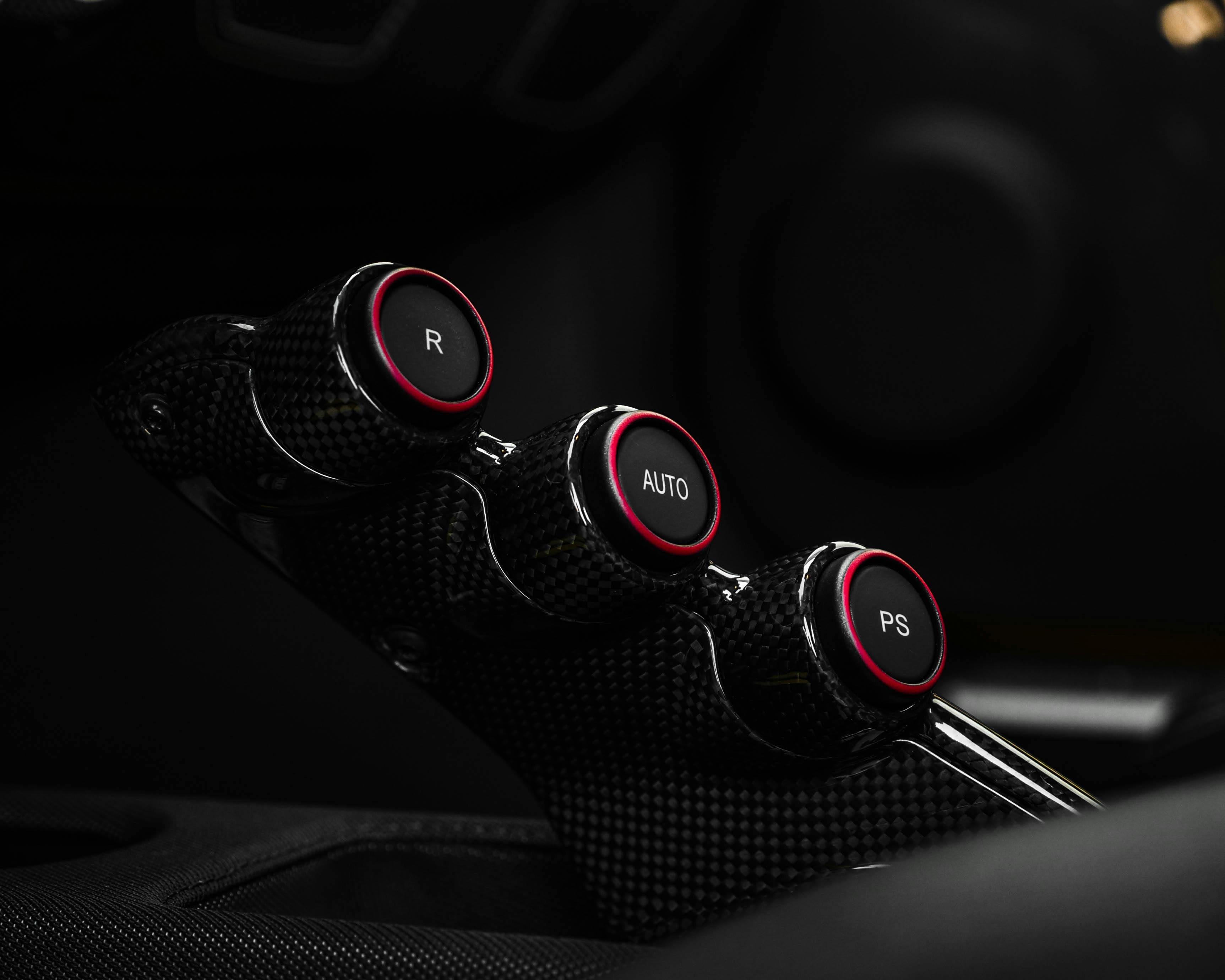Road Safety Tips for Sport Utility Vehicles
With their increased seating capacity, increased ride height, and versatility, sports utility vehicles offer their owners a host of uses. They come well equipped to meet the needs of a larger family or outdoor enthusiasts looking for an off-road adventure. However, these larger vehicles have their own unique safety hazards, which differ from smaller automobiles. To ensure your safety while driving an SUV, here are some important things to keep in mind.
The most important thing is to understand the limitations of your vehicle. SUVs work very differently from smaller passenger cars and are typically much larger and heavier. Given its larger size, more work is required from an SUV’s brakes and engine to brake and accelerate, as well as to stay under control on the road. By braking quickly, you will put a lot of pressure on the brakes, causing them to wear out extremely quickly. Over time, worn brakes will dramatically increase the distances needed to stop, and failures are a constant threat, introducing the possibility of a rear-end accident or breakdowns that cost thousands of dollars to repair.
In the same way, accelerating rapidly will increase the stress on the motor, which could lead to breakdowns. The added weight also raises the center of gravity, making it heavier in turns. If taken too fast, a turn can cause an SUV to roll on its roof. By gradually turning, you will keep your wheels firmly planted on the ground.
The physical limits of your vehicle must also be understood, as an SUV may not fit in places that smaller vehicles can, such as narrow side streets and parking spaces. Knowing where your front and rear bumpers end, and how wide your vehicle is, is important to make sure you don’t make contact with anything around you, such as other vehicles, walls, or curbs. Identify blind spots and places where bicyclists and pedestrians can hide from the driver’s seat, and make an intentional effort to check these spots before turning or changing lanes.
You must also wear a seat belt at all times. This is true of any car, but the increased rollover potential makes it essential in an SUV. If you are in a rollover situation, your seat belt will keep you safe inside the vehicle, rather than being thrown and subject to serious injury.
Avoid overpacking when possible, as any excess weight will not only hurt your fuel economy but will raise your center of gravity even higher, increasing the chances of a rollover. Overpacking will also put additional pressure on the engine and brakes, drastically reducing their effective life.
Staying up-to-date with your SUV’s maintenance schedule will also help ensure that it performs as intended for years to come. Check your engine oil, always replacing it when necessary. Running on used oil will cause an engine to run much hotter, hurt fuel economy, and increase the chance of major internal damage. It is also important to check tire pressure regularly, as improper inflation can seriously affect performance and handling. Underinflation is especially dangerous, as the extra weight could cause the tires to break.
By understanding the unique challenges of driving a sport utility vehicle, you can avoid some of the most common hazards and stay safe on the road. Knowing the physical dimensions of your vehicle, as well as the performance limitations, will give you a clear idea of what you can and cannot do behind the wheel, helping you reach your intended destinations safely and without incident.
